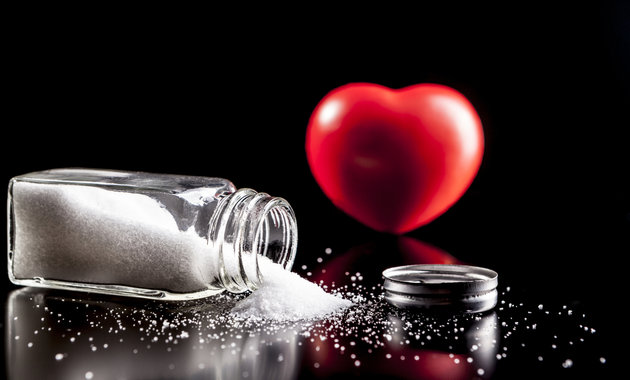
High salt intake is associated with a two-fold higher risk of heart failure, suggests a 12-year long study.
Excessive salt (sodium chloride) consumption ranks among the chief causes of raised blood pressure and is also an independent risk factor for coronary heart disease (CHD) and stroke. A group of researchers studied the link between salt consumption and the occurrence of heart failure.
A total of 4,630 randomly chosen men and women (25 to 64 years of age at baseline) who took part in a Finland-based study (between 1979 and 2002) were asked to complete a questionnaire on health behaviour, measurements of weight, height and blood pressure. Venous blood samples and 24-hour urine samples were also obtained at baseline. One gram of salt intake was calculated as equal to 17.1 mmol sodium excretion.
The participants were followed-up for 12 years and the association of salt intake with the risk of having a cardiac event was studied. The results showed that 121 men and women developed incident heart failure. Those whose daily salt intake was higher than 13.7 grams had a two-fold greater risk of heart failure than those whose daily intake was less than 6.8 grams. This salt-related increase in heart failure risk was independent of blood pressure.
The researchers concluded that excessive salt consumption was unhealthy for the heart. These findings are important in light of the rising global incidence of high blood pressure and heart diseases.
Source: European Society of Cardiology